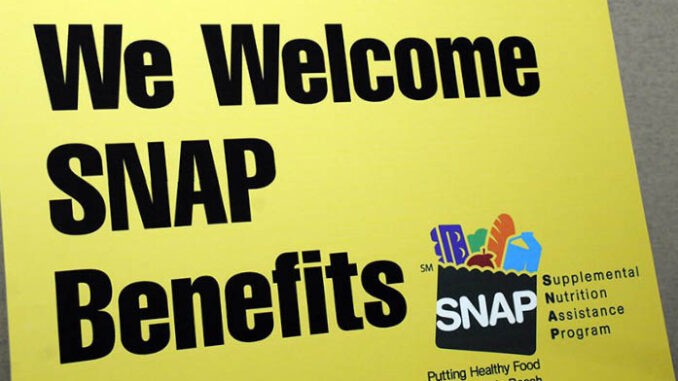
Arizona has joined a coalition of 11 states seeking to intervene in the Ninth Circuit Court of Appeals to challenge a federal immigration policy that ensures noncitizens can financially support themselves in order to become lawful U.S. citizens or obtain green cards.
Attorneys General from Arizona, Alabama, Arkansas, Indiana, Kansas, Louisiana, Mississippi, Montana, Oklahoma, Texas, and West Virginia make up the coalition which filed a motion to intervene in the lawsuit regarding the “Public Charge Rule.”
The Biden Administration abandoned the defense of the law at the Supreme Court of the United States. If granted, this motion will allow the states to petition the Supreme Court to accept review of the case again.
Arizona and the other states are seeking to intervene to allow for a proper defense of the rule.
The Supreme Court has already granted review of these issues, and the states simply seek to permit the Court to decide them, as it already agreed to do.
In late-2019, challengers of the Public Charge Rule filed lawsuits in several District Courts, and they were able to obtain preliminary injunctions to stop enforcement of the rule until the cases played out in court. The cases were appealed to the Supreme Court, which granted stays of the injunctions and also granted certiorari to review the merits of the lower courts’ decisions.
Under existing federal immigration law, noncitizens are not eligible to receive a green card if they are reliant upon government assistance, otherwise known as a “public charge.” In 2019, the Department of Homeland Security (DHS) created a rule that expanded the definition of “public charges” to include consideration of whether those immigrants who receive certain government benefits for more than 12 months over a three-year period.
Nine programs are designated in the new rule, including four that were already included under the 1999 guidelines: Supplemental Security Income (SSI), Temporary Assistance for Needy Families (TANF), state general assistance, and benefits provided for institutionalized long-term care. The five additional programs are: the Supplemental Nutrition Assistance Program (SNAP), Medicaid (with exceptions), Project-Based Rental Assistance, the Housing Choice Voucher Program, and Public Housing.
